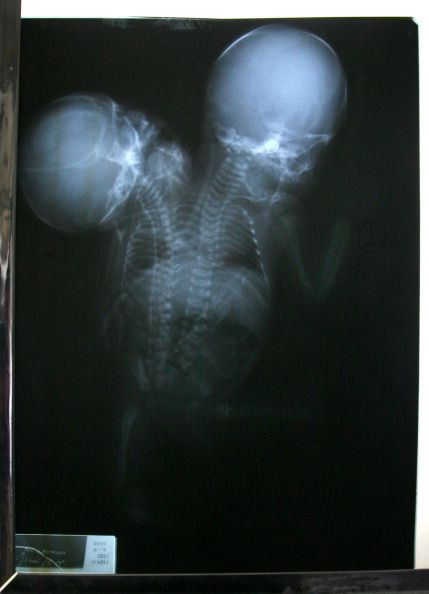Conjoined Twins Update: Separated Nigerian Tennessee Girls Recovering Well, Expected To Run

Conjoined twins from Nigeria were separated after a lengthy operation at a Tennessee hospital in November, sparking national coverage. Now the one-year-old twins are recovering well and giving their parents and doctors hope for their future.
Their progress has delighted those involved, the Chattanooga Times Free Press reported Monday, even though the first few weeks following the 18-hour surgery were difficult for the children. The surgery, performed at Le Bonheur Children’s Hospital in Memphis, separated the twins — named Miracle and Testimony Ayeni — at the pelvis where they were previously connected. That condition is only seen in one out of every 5 million births.
The doctor who led the surgical team, Max Langham, said that one of the children had to stay in the intensive care unit and undergo additional surgery to deal with infection complications. After the surgery, both girls wore devices that remolded their pelvises after the separation. Both have been making great strides, Langham said, even though they’re not able to walk or crawl just yet.
“As they feel better, they're getting a little more bossy and opinionated, which is as it should be,” Langham said. The doctors believe that the twins will one day be able to run and lead active and healthy lives.
The girls' parents have been pleased with the results. “The process of healing is so fast,” Samuel Ayeni, the father, said.
There are roughly 200,000 conjoined twins born each year who are alive at birth, according to data from the University of Maryland Medical Center, but survival beyond birth is not a guarantee. About 40 to 60 percent of conjoined twins arrive stillborn and 35 percent of those who are alive at birth die within the first day. Males are more likely to conjoin in the womb but, as a result of high mortality rates for male conjoined twins, there are more living female conjoined twins.
© Copyright IBTimes 2024. All rights reserved.






















